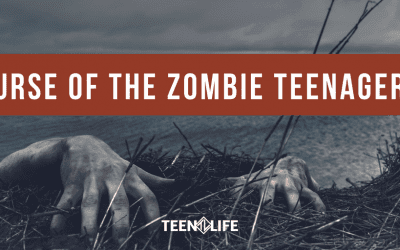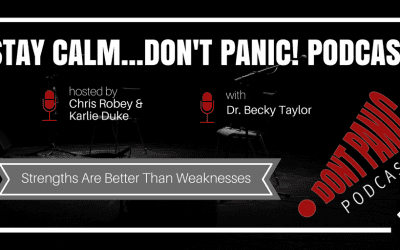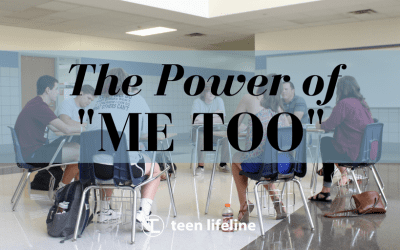During my last support group of the semester, we discussed 2018. One student, a senior and a teen mom, shared that she was more motivated than ever to graduate on time in May. Her son is only a few months old, and childcare is an ongoing challenge for her. Even though her path is far from easy, she was excited for what the new year would bring. Are you excited? Many of us spend this time of year reflecting on where we want to be. Statistics says that almost half of us will be setting resolutions and goals for 2018.
Support Groups Articles and Episodes
Teenagers are longing for caring adults to take the time to connect. Check out our time-tested resources on leading support groups and building life changing relationships.
Teens need champions. Be one.
Every teen deserves an adult who believes in them. Our newsletter is packed with updates on teen life, free resources, and practical ways to build stronger, more supportive relationships with the young people you care about. When you grow, they thrive.
Subscribe today — because one caring adult can change everything.





